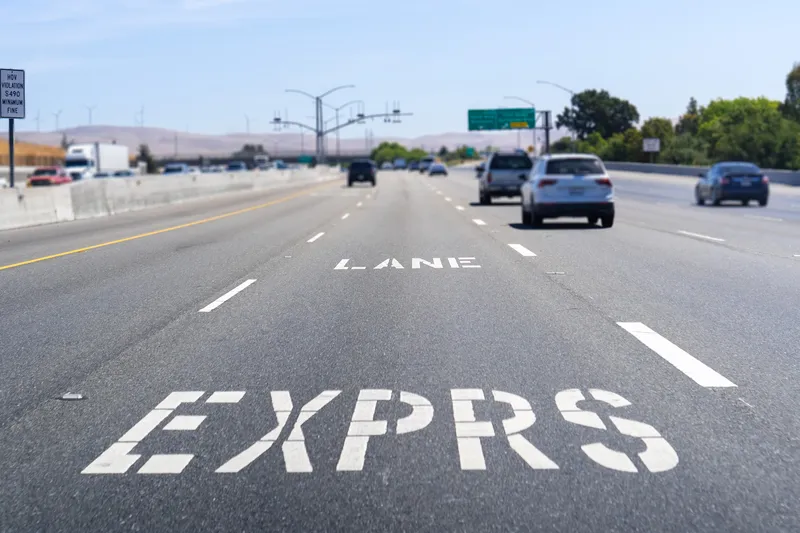The Minnesota Department of Transportation (MnDOT) is upgrading its high occupancy vehicle express lane equipment to enhance access to the lanes and to prepare for interoperability requirements that go into effect in October 2015.
The Minnesota MnPASS system that provides a congestion-free travel option during peak-drive times on highways with high levels of congestion. MnPASS Express Lanes give all commuters a reliable travel choice that saves them time, increases a highway’s capacity to move more peop
March 4, 2016
Read time: 2 mins
The 2103 Minnesota Department of Transportation (MnDOT) is upgrading its high occupancy vehicle express lane equipment to enhance access to the lanes and to prepare for interoperability requirements that go into effect in October 2015.
The Minnesota MnPASS system that provides a congestion-free travel option during peak-drive times on highways with high levels of congestion. MnPASS Express Lanes give all commuters a reliable travel choice that saves them time, increases a highway’s capacity to move more people through a corridor and allows faster, more reliable public bus service.
After more than ten years, MnDOT is phasing out its existing ASTMv6 radio frequency identification (RFID) toll tags and implementing139 TransCore’s battery-free, eGo Plus sticker tags and new eGo Plus switchable tags that can switch from single to high occupancy vehicle (HOV 2+) mode. MnDOT has replaced the older toll tag readers with the multi-protocol Encompass 6 reader. The new readers support future interoperability by being able to read a broader range of tags used in other regions.
The Minnesota MnPASS system that provides a congestion-free travel option during peak-drive times on highways with high levels of congestion. MnPASS Express Lanes give all commuters a reliable travel choice that saves them time, increases a highway’s capacity to move more people through a corridor and allows faster, more reliable public bus service.
After more than ten years, MnDOT is phasing out its existing ASTMv6 radio frequency identification (RFID) toll tags and implementing










